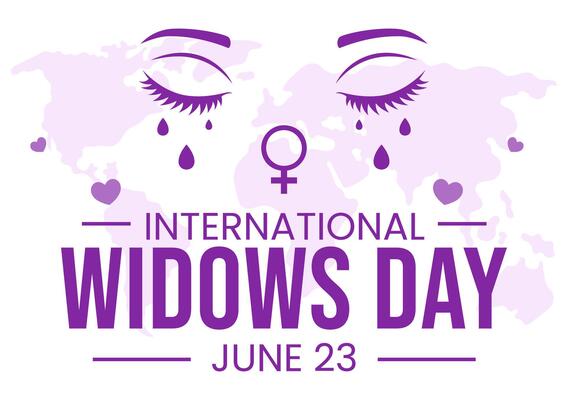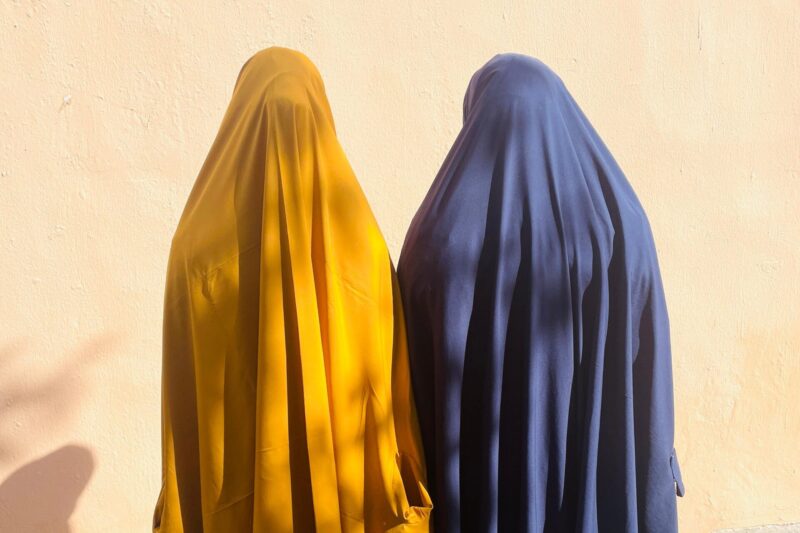“Halima”, a young woman widowed by the insurgency, highlighted barriers that hinder women from remarrying, including the fear of uncertainty from men and potential complications. “Some men don’t want to marry us because if the missing husband were to return or be released from detention, it could create complications”, she said. “I don’t know for how long we will wait?”, “Halima” asked.
Two failed marriage proposals during twelve years in widowhood
“I received two separate marriage proposals in the past” said Fanna, widow since twelve years. “Both of them withdrew when they realized that I have six children”, she added. Fanna’s husband was arrested by security operatives, leaving her to care for their six children. Despite her efforts to remarry, she faced rejection.
Stigma and Criticism among widows’ challenges
An official, who wished to remain anonymous, noted that thousands of women face significant challenges when trying to remarry. Many men are hesitant to marry women with children from previous relationships. Additionally, the women’s in-laws often criticize them for lacking patience, affection, or concern for their missing son, further discouraging potential suitors.
 Divorce certificate among solutions
Divorce certificate among solutions
Falmata Mohammed, a women’s rights activist, emphasized the need for women to report their cases to their fellow women’s and human rights groups or Sharia courts. This can help facilitate the process of obtaining a divorce certificate, allowing them to move forward with their lives. “While progress is being made, the magnitude of the problem requires more effort”, she said “Women’s rights groups are working to create awareness and support for affected women, but more needs to be done to address the complex issues surrounding widowhood and remarriage in the context of the Boko Haram conflict”.
Widowhood midst the ills of war
From 2011 until 2014, during the peak of the insurgency, hundreds of young men from Borno state were arrested, abducted, or forced to join the insurgents. As a result, numerous women were left widowed, struggling to care for their children. The Jamā’at Ahl as-Sunnah lid-Da’wah wa’l-Jihād (JAS), more commonly referred to as Boko Haram conflict, which began in 2009 in Nigeria’s Northeast, has had a devastating impact on the region. With over 30,000 lives lost, 2.3 million people displaced, and more than 10,000 women widowed in Nigeria alone, the crisis has disproportionately affected women and children.









